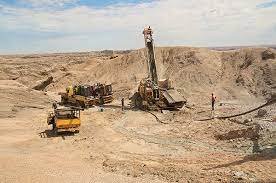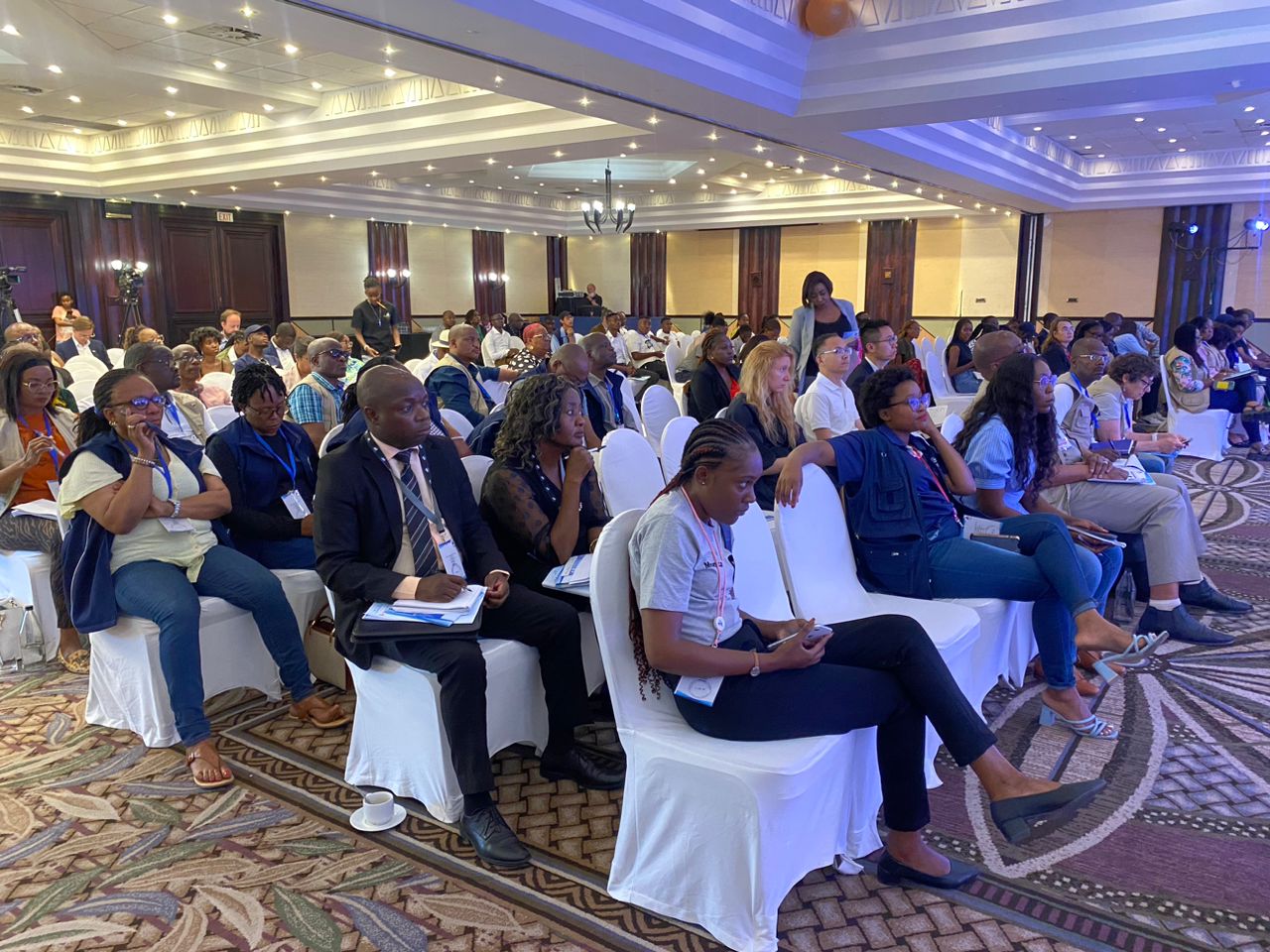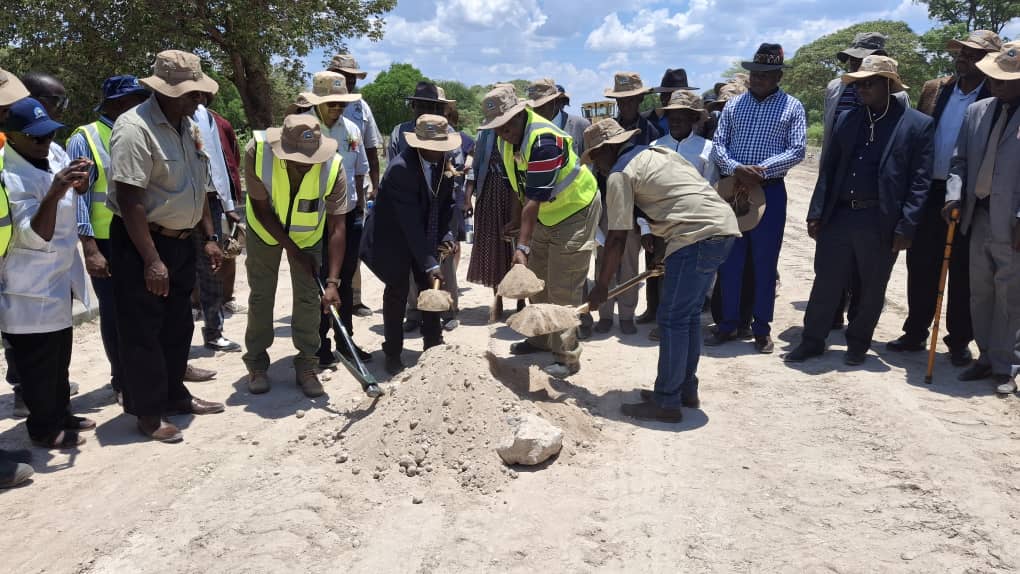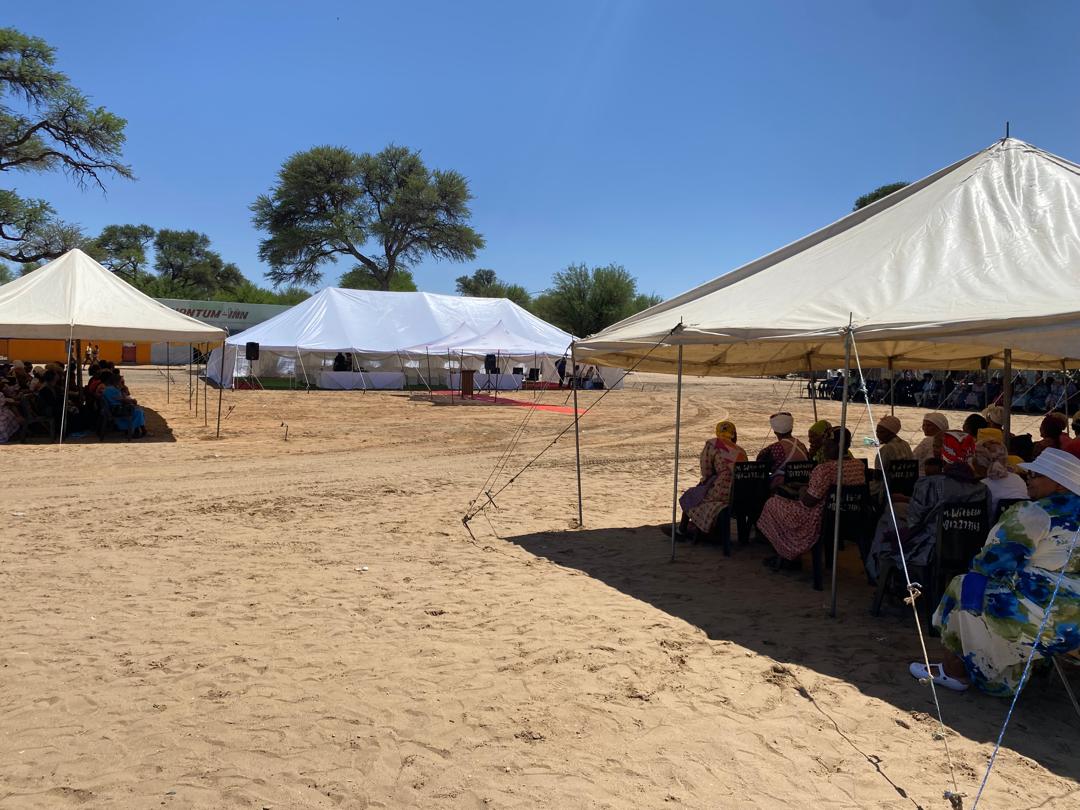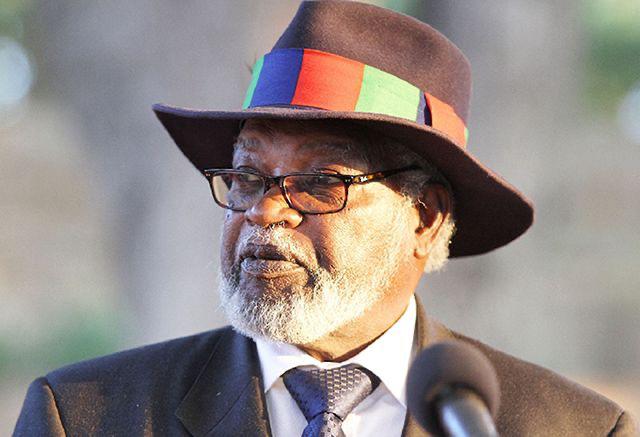Seven regions where mining and extractive activities are mostly taking place in Namibia have complained that mining companies are not providing them with benefits.
This was heard at the two-day Alternative Mining Indaba in Windhoek last week.
The seven regions are //Kharas, Erongo, Kavango (East and West), Otjozondjupa, Omaheke and Khomas.
Speaking at the event, the representative of the //Kharas region, Tins Frederick, said the main mining companies in the region are Namdeb and Rosh Pinah, which are not providing them with sufficient employment opportunities.
Frederick suggested that the issuing of exploration prospecting licences (EPLs) should be done in collaboration with local communities, so that they benefit, while monitoring and evaluation of mining companies are also needed.
He said there is also an urgent need for the setting up of an office of the Ministry of Mines and Energy, and mining companies should train young people in the region to become mining professionals.
The regional representatives for the Kavango East region, Satumba Ruben and Helkky Sikongo, recommended that the consultation process between prospecting mining companies and communities in the region need to be reviewed, because in many cases mining companies do not conduct wider consultation with the communities, and only do so with traditional leaders or small groups.
“They only see a few people or a traditional leader. There is now wider consultation with the affected communities,” Ruben said.
They said there is also a need for mining feasibility study guidelines to be translated and for fair compensation.
Christiaan Nguherimo, who spoke on behalf of the Erongo region, said: “Investors are the culprits here.”
He said consultation between mining companies and communities should take place at designated, well-known places, with an attendance register for participants.
Nguherimo said his region has recommended that traditional leaders should be trained to understand the mining policy and other relevant documents, as well as on the importance of the sustainable use of natural resources.
Justus Awaiseb from the Omaheke region said a company in his region is prospecting for uranium, but there is an unequal distribution of benefits.
“Things are not done the right way, and people are not consulted,” he said.
He said existing regulations are weak.
//Khomas region representative Patrik Jaarsag said communities located near mining and extractive activities should be prioritised when it comes to corporate social responsibility, while mining laws need to be strengthened to ensure compliance.
He proposed that internships at mining companies are encouraged.
Prisca Kambonge said mining and extractive companies in her region are not consulting with local communities.
She said this has led to a number of unemployed young people in their region.
“It is only people from outside the region. Corruption is very high,” she said.
Kambonge called on regional councillors to look into the matter.
The conference focused on the concern of Namibia being rich in natural resources with a small population, yet failing to provide all its citizens with quality and dignified livelihoods.
The director general of the National Planning Commission, Obed Kandjoze, at the conference said for the mining and extractive sector to provide the desired benefits to all Namibians, there is a need for a sustainable approach.
This, he said, requires multifaceted action, with transparency and accountability in the management of mining.
Communities where mining and extractive activities take place, he said, need to be consulted while the root causes of poverty also need to investigated.
Kandjoze said Namibia needs to embrace inclusive economic growth, where no one is left behind.
The conference was held under the theme ‘Increasing Benefits from Mining and Extractive Industries in Namibia to Leverage the Country’s Social Economic Development Challenges – Including Poverty, Unemployment and Inequality’.
It was organised and hosted by the Social Economic Justice Unit of the Council of Churches in Namibia, in collaboration with the Economic Justice Network of the Fellowship of Christian Councils in Southern Africa, with support of Norwegian Church Aid and the Friedrich Ebert Foundation.
Stay informed with The Namibian – your source for credible journalism. Get in-depth reporting and opinions for
only N$85 a month. Invest in journalism, invest in democracy –
Subscribe Now!


